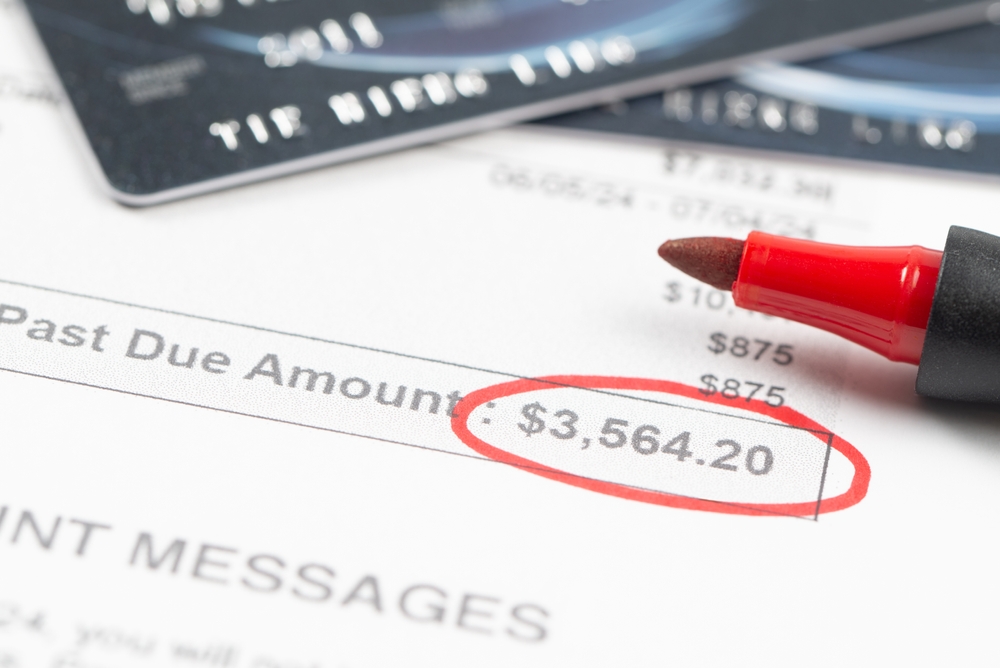
Paying off a collection account might seem like a smart move for your finances. After all, taking care of debt usually feels like a step in the right direction. But when it comes to your credit score, the reality can be more complicated. Many people are surprised to learn that paying off a collection account can actually lower your credit score—at least temporarily. Understanding why this happens is important if you’re trying to improve your credit profile or planning a big purchase. Let’s break down the reasons behind this counterintuitive outcome and how you can navigate the process more wisely.
1. Credit Scoring Models Treat Paid and Unpaid Collections Differently
The way your credit score is calculated depends on the scoring model being used. Some newer models, like FICO 9 and VantageScore 3.0 and above, ignore paid collection accounts. But many lenders still use older models, such as FICO 8, which don’t make a distinction between paid and unpaid collections. In these cases, paying off a collection account won’t immediately improve your score—and it might even cause a temporary drop if the account’s status is updated.
This means that even if you pay off your debt, your credit score might not reflect your responsible action right away. If you’re applying for a loan or mortgage and the lender uses an older credit scoring model, your efforts could go unnoticed in your credit report.
2. Recent Activity Can Reactivate Negative Items
When you pay off a collection account, the collection agency usually updates the account status on your credit report. Scoring models can interpret this update as “recent activity.” Since recent negative activity has a stronger impact on your credit score than older negative items, this status change can cause your score to dip, even though the debt is now paid.
It’s frustrating, but this is how the system currently works. The simple act of updating the collection account can make it appear more relevant in the eyes of the scoring algorithm, at least in the short term.
3. The Collection Account Remains on Your Credit Report
Paying off a collection account doesn’t erase it from your credit history. The account will typically stay on your credit report for up to seven years from the original date of delinquency, whether it’s paid or not. This lingering negative mark continues to affect your credit score until it naturally drops off your report.
Many people assume that paying off a collection will remove it from their records, but that’s not the case. While the account status will change to “paid collection,” the fact that you had a collection account at all is what matters most to credit scoring models.
4. Settling for Less Than the Full Amount May Still Hurt Your Score
Sometimes, collection agencies will accept a settlement for less than the full amount owed. While this can save you money, it doesn’t always help your credit as much as paying in full. The account may be marked as “settled” rather than “paid in full,” which can signal to future lenders that you didn’t satisfy the original debt agreement.
This distinction can still impact your credit score negatively, especially if a lender is reviewing your full credit report. They may see the “settled” status as a sign of past financial trouble, even if the account is no longer outstanding.
5. Multiple Collections and Payment Timing Complicate Things
If you have more than one collection account, the impact of paying off a single account can be diluted. Multiple collections signal ongoing financial distress, regardless of whether one or two are paid off. Timing also plays a role—if you pay off a collection right before applying for new credit, the recent update could lower your score just when you need it to be higher.
Planning when and how to pay off collection accounts is important. Waiting until just before a major loan application might not be the best move. Instead, consider paying them off well in advance to allow your credit score time to recover from any short-term dip.
How to Approach Paying Off Collection Accounts
The reality that paying off a collection account can actually lower your credit score is frustrating, but it shouldn’t stop you from tackling your debt. Over time, paid collections have less impact on your credit than unpaid ones, especially as they age. If your goal is to improve your credit, focus on building a positive payment history on your current accounts and keeping your credit utilization low.
Before you pay, ask the collection agency if they’ll agree to a “pay for delete” arrangement, where they remove the account from your credit report once it’s settled. Not all agencies will do this, but it’s worth a try. Also, check which credit scoring model your potential lender uses, so you know what to expect.
Have you ever seen your credit score drop after paying off a collection account? Share your experience and tips in the comments below!
What to Read Next…
- 5 Things That Instantly Decrease Your Credit Score By 50 Points
- The Benefits Of Taking Personal Loans And Their Impact On Credit Scores
- Why Some Credit Reports Are Withholding Important Data
- Why Are More Seniors Ditching Their Credit Cards Completely
- Why Credit Limits Are Being Lowered Without Consent
The post Why Paying Off a Collection Account Can Actually Lower Your Credit Score appeared first on The Free Financial Advisor.







